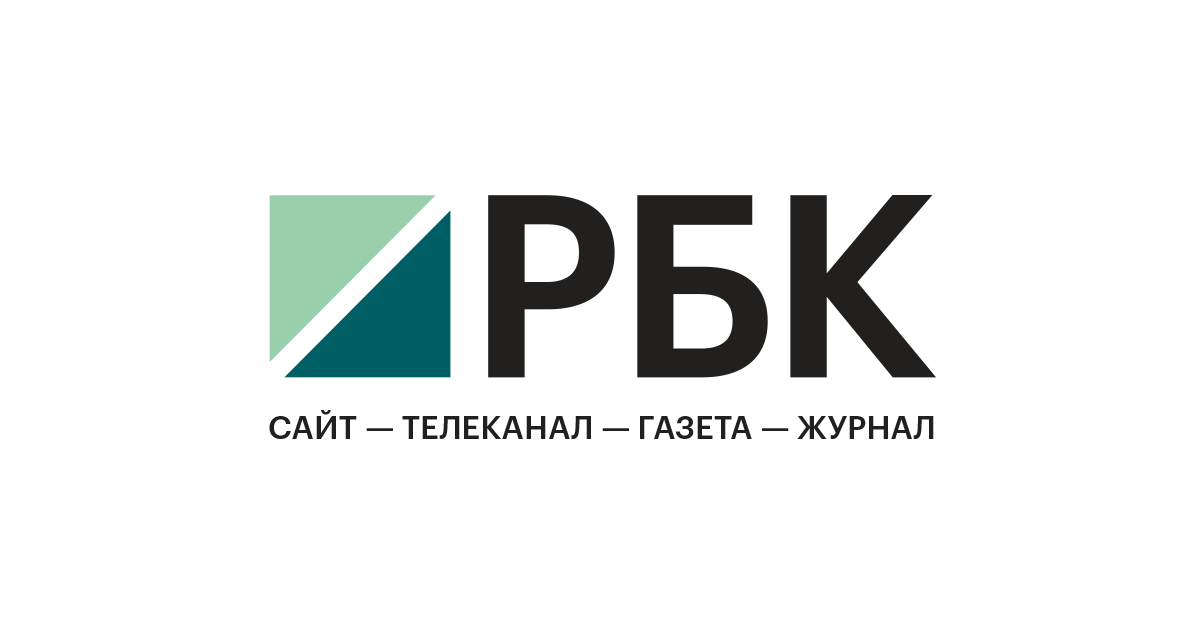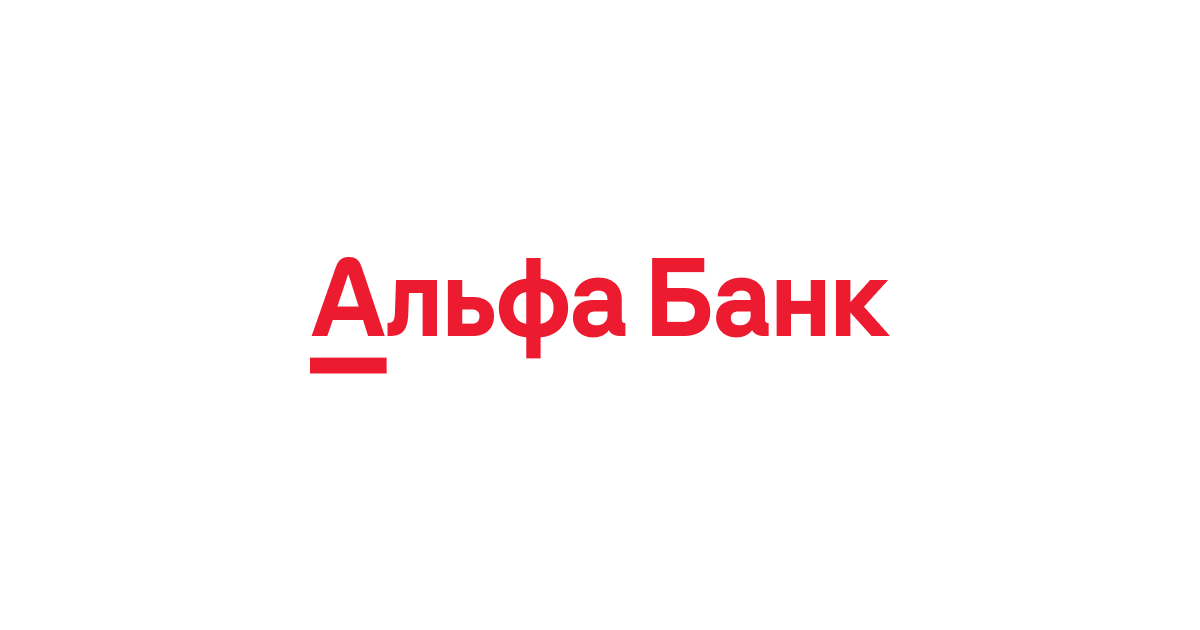The Future of QR Payments: A Banking Roaming Proposal
January 25, 2025, 3:43 pm
In the world of finance, change is the only constant. Recently, major Russian banks, including Sberbank, T-Bank, and Alfa-Bank, proposed a new concept: a "roaming" system for QR payments. This idea is like a bridge over troubled waters, aiming to connect disparate payment systems into a seamless experience for users. Instead of a single universal QR code, these banks envision a network where various platforms can communicate and process transactions smoothly.
Currently, the landscape of QR payments is fragmented. Each bank has its own QR code, and many cannot read codes from other banks. This is akin to trying to use a foreign plug in a domestic socket. The proposed solution is to create interoperability among these platforms. The goal is to allow users to pay without worrying about which bank's QR code they are scanning.
Imagine a world where you can use any QR code, and your payment goes through without a hitch. This is the vision the banking consortium is pushing for. They suggest that if a bank's QR code is scanned by an app that doesn't recognize it, the bank could redirect the transaction to a compatible platform. This would be a simple tweak, yet it could revolutionize the payment experience.
The banks are not just looking to enhance user convenience; they also want to maintain their revenue streams. By facilitating transactions across platforms, they can earn commissions for routing payments. It’s a win-win, or so it seems. However, questions arise about the necessity of this approach. Why not stick with a universal QR code, which was initially designed to foster competition and accessibility?
Critics argue that the introduction of a consortium limits the potential for universal access. The original intent of a single QR code was to democratize payment systems, allowing any bank to participate. Now, with a select group of banks forming a consortium, the idea of universality appears to be slipping away.
Yet, if the Central Bank of Russia (CBR) sees merit in this dual-standard approach, a compromise could be on the horizon. The technical feasibility of a payment roaming system is promising. It requires creating a data exchange system between QR code operators, establishing protocols for request transmission, encryption, and payment verification. The challenge lies in ensuring security and maintaining a steady flow of real-time transaction data.
For the end user, the experience should remain seamless, regardless of the underlying technology. The vision is clear: a world where payments are as easy as sending a text message. But the road to this future is fraught with complexities.
Meanwhile, the job market is also evolving. A recent survey by FutureToday revealed that Yandex, VK, and T-Bank are among the most attractive employers for Russian university students. Yandex holds the top spot, with a consistent appeal of 32.5%. This stability is noteworthy in a fluctuating job market.
The rankings reflect a shift in priorities among students. Flexibility in work hours is paramount, with 59% of respondents citing it as their top choice. The balance between work and personal life follows closely behind, highlighting a generational shift towards valuing well-being over mere financial gain.
Interestingly, salary expectations are on the rise. More students now anticipate starting salaries of 120,000 rubles or more. This marks a significant increase from previous years, indicating a growing confidence among graduates. They are not just looking for a job; they want a career that offers both financial stability and personal fulfillment.
The presence of Asian companies like Huawei and Samsung in the top ten suggests a broader perspective among students. Many are seeking international opportunities, and these companies offer a pathway to global careers. The current geopolitical climate may also play a role, as these firms are perceived as less "Western," providing a sense of security amid uncertainty.
As the banking sector explores new payment solutions, the job market is also adapting to the needs of a new generation. The landscape is changing, and both industries must navigate these waters carefully.
In conclusion, the proposal for QR payment roaming is a bold step towards a more integrated financial ecosystem. It promises convenience for users while allowing banks to retain their revenue streams. However, the implications for competition and accessibility remain to be seen.
Simultaneously, the job market is evolving, with students prioritizing flexibility and work-life balance. As expectations rise, companies must adapt to attract top talent. The future is bright, but it requires careful navigation through the complexities of technology and human needs. The journey ahead is challenging, but the potential rewards are immense.
Currently, the landscape of QR payments is fragmented. Each bank has its own QR code, and many cannot read codes from other banks. This is akin to trying to use a foreign plug in a domestic socket. The proposed solution is to create interoperability among these platforms. The goal is to allow users to pay without worrying about which bank's QR code they are scanning.
Imagine a world where you can use any QR code, and your payment goes through without a hitch. This is the vision the banking consortium is pushing for. They suggest that if a bank's QR code is scanned by an app that doesn't recognize it, the bank could redirect the transaction to a compatible platform. This would be a simple tweak, yet it could revolutionize the payment experience.
The banks are not just looking to enhance user convenience; they also want to maintain their revenue streams. By facilitating transactions across platforms, they can earn commissions for routing payments. It’s a win-win, or so it seems. However, questions arise about the necessity of this approach. Why not stick with a universal QR code, which was initially designed to foster competition and accessibility?
Critics argue that the introduction of a consortium limits the potential for universal access. The original intent of a single QR code was to democratize payment systems, allowing any bank to participate. Now, with a select group of banks forming a consortium, the idea of universality appears to be slipping away.
Yet, if the Central Bank of Russia (CBR) sees merit in this dual-standard approach, a compromise could be on the horizon. The technical feasibility of a payment roaming system is promising. It requires creating a data exchange system between QR code operators, establishing protocols for request transmission, encryption, and payment verification. The challenge lies in ensuring security and maintaining a steady flow of real-time transaction data.
For the end user, the experience should remain seamless, regardless of the underlying technology. The vision is clear: a world where payments are as easy as sending a text message. But the road to this future is fraught with complexities.
Meanwhile, the job market is also evolving. A recent survey by FutureToday revealed that Yandex, VK, and T-Bank are among the most attractive employers for Russian university students. Yandex holds the top spot, with a consistent appeal of 32.5%. This stability is noteworthy in a fluctuating job market.
The rankings reflect a shift in priorities among students. Flexibility in work hours is paramount, with 59% of respondents citing it as their top choice. The balance between work and personal life follows closely behind, highlighting a generational shift towards valuing well-being over mere financial gain.
Interestingly, salary expectations are on the rise. More students now anticipate starting salaries of 120,000 rubles or more. This marks a significant increase from previous years, indicating a growing confidence among graduates. They are not just looking for a job; they want a career that offers both financial stability and personal fulfillment.
The presence of Asian companies like Huawei and Samsung in the top ten suggests a broader perspective among students. Many are seeking international opportunities, and these companies offer a pathway to global careers. The current geopolitical climate may also play a role, as these firms are perceived as less "Western," providing a sense of security amid uncertainty.
As the banking sector explores new payment solutions, the job market is also adapting to the needs of a new generation. The landscape is changing, and both industries must navigate these waters carefully.
In conclusion, the proposal for QR payment roaming is a bold step towards a more integrated financial ecosystem. It promises convenience for users while allowing banks to retain their revenue streams. However, the implications for competition and accessibility remain to be seen.
Simultaneously, the job market is evolving, with students prioritizing flexibility and work-life balance. As expectations rise, companies must adapt to attract top talent. The future is bright, but it requires careful navigation through the complexities of technology and human needs. The journey ahead is challenging, but the potential rewards are immense.


